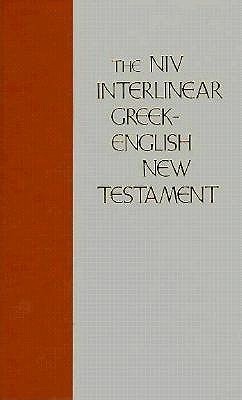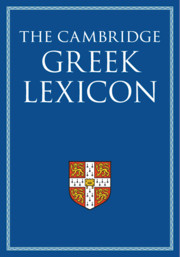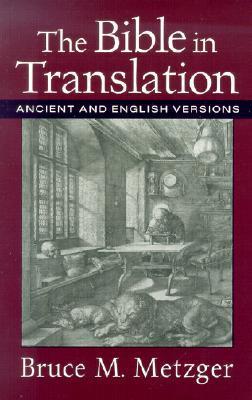Which humans?God promised to preserve His word and of course He intended to use humans to do it.
Your premise seems to be based on the absurd notion, "My translation is right while everybody else's is wrong."
And yet... regardless of the Greek sources used, the Koine Dialect of Greek was unknown to Cambridge and Oxford in 1611.
“One man is to be given the credit for the discovery of the Koine – a German pastor named Adolf Deissmann. Even though one or two perceptive scholars had noted the true character of NT Greek as early as the middle of the nineteenth century, their statements made no impression on general opinion. Deissmann, on a visit to a friend in Marburg, found a volume of Greek papyri from Egypt, and leafing through this publication, he was struck by the similarity to the Greek of the NT. He followed up this observation with continued study, and his publications of his findings finally led to general acceptance of the position that the peculiarities of the Greek NT were, for the most part, to be explained by reference to the nonliterary Greek, the popular colloquial language of the period. He first published his results in two volumes of Bible Studies (1895, 1897) and later on in the justly popular Life from the Ancient East (1908).”
- The Interpreter’s Dictionary of the Bible, pg. 486.
Rhema
Kind of makes you wonder why some Christians fight so fiercely for the KJV if the translators didn’t quite have a handle on the language in which it was written, regardless of the changes in English over the past 400 years.
I would encourage you to buy these books:

The Interlinear Greek-English New Testament
The Parallel New Testament is both a parallel and an in…

The Cambridge Greek Lexicon | Higher Education from Cambridge University Press
Discover The Cambridge Greek Lexicon, 1st Edition, Faculty of Classics, University of Cambridge on Higher Education from Cambridge
You'll then be able to make an informed comment about the issue at hand.

